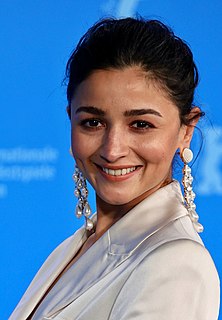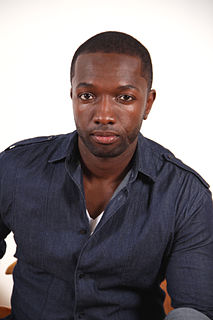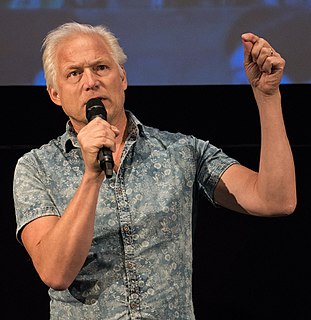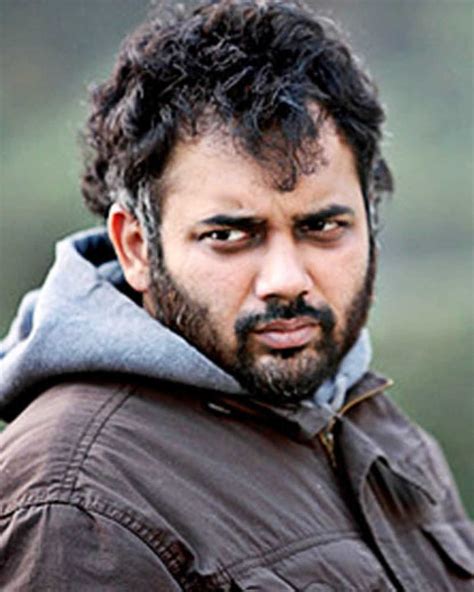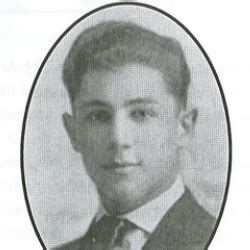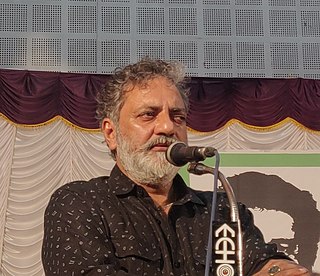A Quote by Agnes Varda
I waited for each film to become important for me. If I had no ideas for a film, I didn't do a film. So I made not that many films for fifty-four years of working.
Related Quotes
Though I am born into a film family, I hardly had much exposure to shooting during my growing
years. My first film actually taught me about the breakdown of shots in a film. My aim is to do three
memorable roles in the next five years; films I can be really proud of. And I want to work with the best.
I got into film in an odd way - when I was 17 years old I participated in a Swedish film as an actor. I think every person at that age should get a role in a film, because during that time you want acceptance, and when you have a role in a film you become an important person. I think about that now, and that was my fantastic starting point.
I went to film school when I was 17, and of course when you are very young you think that there is nothing else in the world except film. At some point I started getting hungry to see something else. For five years I didn't make any films, I was traveling around the world, writing for newspapers, working in theater, working in opera, I thought I would never return to film.
African films should be thought of as offering as many different points of view as the film of any other different continent. Nobody would say that French film is all European film, or Italian film is all European film. And in the same way that those places have different filmmakers that speak to different issues, all the countries in Africa have that too.
I made films with my brothers and my cousins and if any of the films ever come to fruition my career will be in ruins because the acting, writing, and directing is so unbelievably, heinously bad. We once screened one for my grandfather, this film that we had painstakingly made over a couple of days when we were all 10 years old, and he sat there and he said, "This is the worst film I've ever seen." No sympathy whatsoever.


